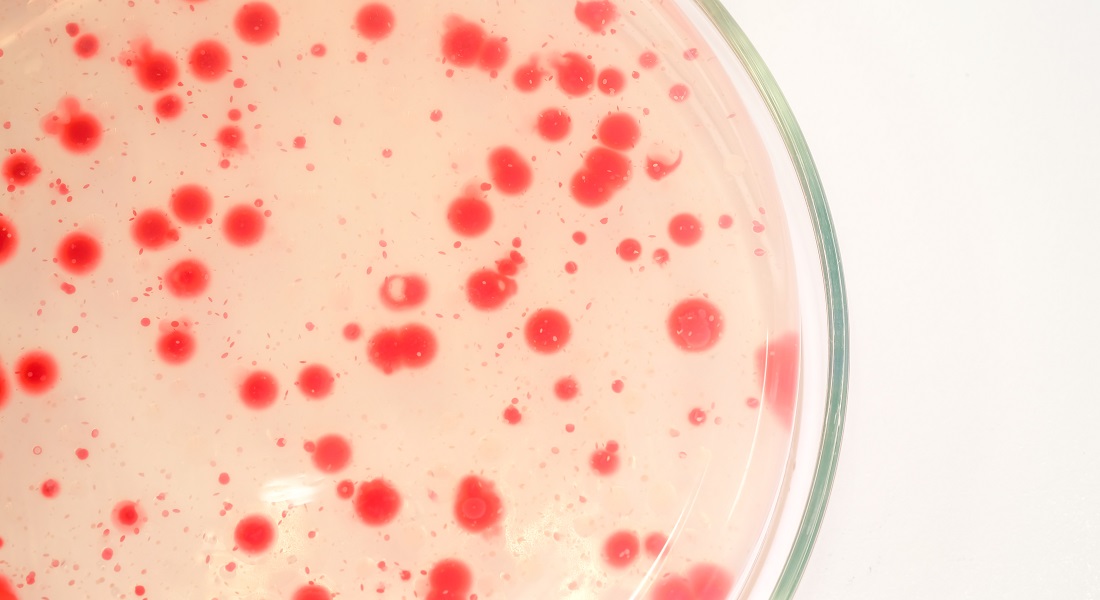Center researcher creates guide for genome annotation of bacteriophages
A newly published article published in PHAGE: Therapy, Applications, and Research guides readers to better phage genome annotation, paving the way towards better phage characterization. This can help further the use of bacteriophages as a treatment alternative to antibiotics in the future.

An important step towards using bacteriophages for their treatment potential has just been made, as PHAGE: Therapy, Applications, and Research has published a detailed guide for phage genome annotation - the first step in characterizing novel phages and their potential properties. The guide focuses on open access tools for the genome annotation, providing easy-to-follow steps for use in multiple tools, and also highlights common pitfalls.
“Phage genome annotation is the starting point for any downstream analysis of genome content and properties. Most genome annotation tools are designed for bacteria or eukaryotic organisms, while phage genome machinery and structure have major differences, that are important to account for when annotating a phage genome and its genes and functions,” says Anastasiya Shen, PhD fellow at Center for Evolutionary Hologenomics, who is the first author on the article.
Phages as treatment alternative
Bacteriophages, more commonly known as phages, are a type of virus that can selectively target and attack certain bacteria depending on its genome. The article breaks down the phage annotation process into three parts: genome assembly, genome annotation, and genome submission
Recently, there has been a renewed interest in the potential of harnessing phages, with more research being conducted and developments in sequencing technologies. This guide is meant to support and encourage the renaissance of phages.
Sharing a guide for better phage genome annotation, focusing on open access tools, is thereby an important step to further research into the genomic properties of bacteriophages and their potential as alternatives to antibiotics.
Read the full guide here.
